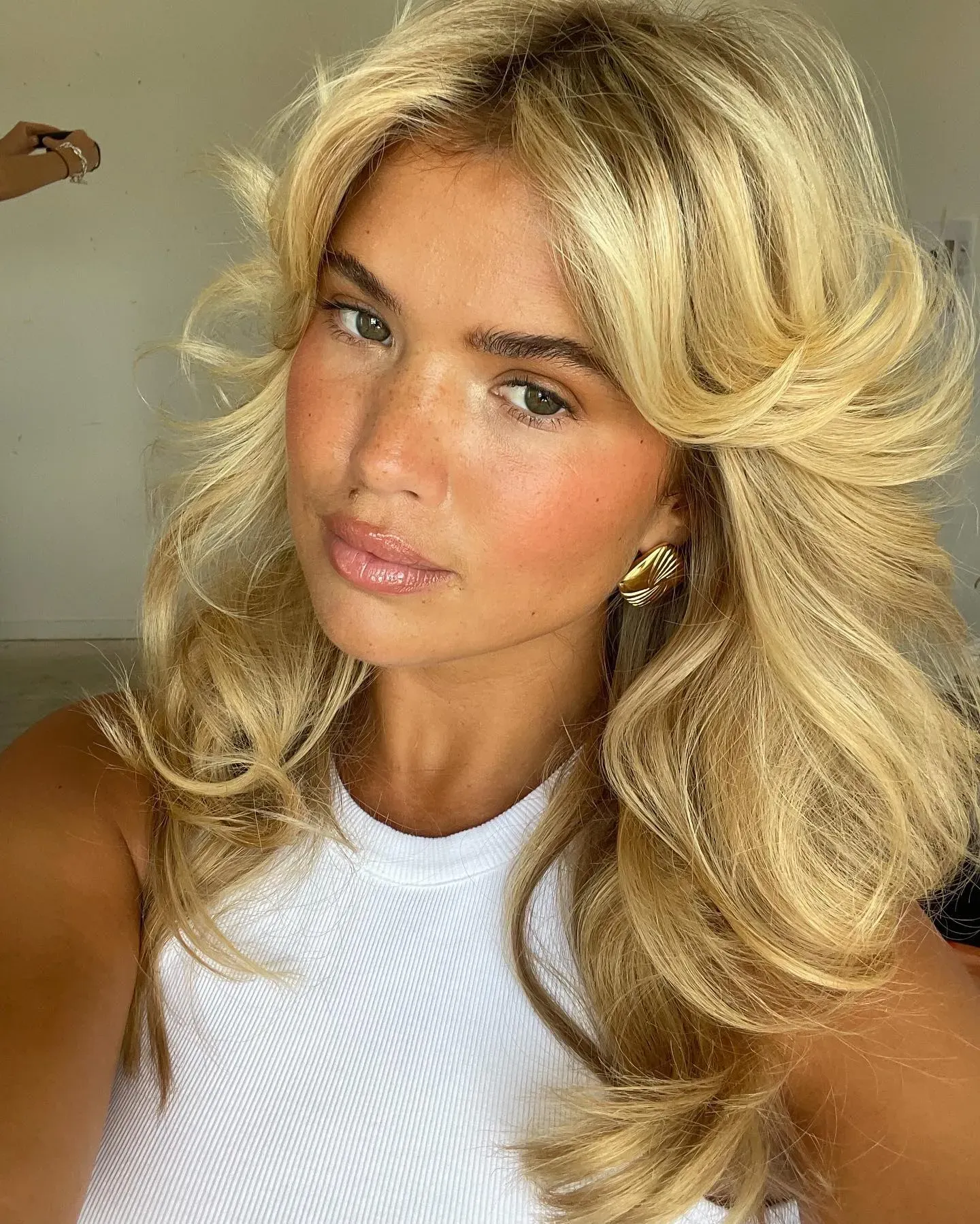
Star Cinema
Obviously, the woman behind the biting and satirical comedy Inside Amy Schumer has more to say than this…
The beauty industry is worth $382 billion with women spending thousands on cosmetics, skincare, and various beauty treatments. It seems at the age of puberty, girls are prepped to invest in their appearances more than boys, a reality highlighted in marketing campaigns catering to anti-aging products and various ads using young women to model products to older, more mature and financially stable women. Beauty is quite literally capital, a source of value and esteem only amassed through transactions—that is when defined in terms of political and social capital.
In the Amy Schumer-led comedy I Feel Pretty, Schumer and writers Abby Kohn and Marc Silverstein try to show what real beauty looks like when its unedited, unfiltered, raw and emblematic of genuine, self-found confidence. Keyword: try. Schumer, I will say, is better than this.
There is no point in detailing the synopsis of the film; plenty of critics have already provided the rudimentary plot points that best describe this wannabe feminist-Trainwreck–Princess Diaries-hybrid. Unfortunately, the film is a TV dinner offering of pop feminism where Schumer plays a size-10 woman named Renee who desperately wants to be beautiful—which I Feel Pretty defines as any woman who’s a size 0 in 9-inch heels.
She bumps her head and, wallah (!), she believes herself to be beautiful. The problem comes in at this point, where again, I Feel Pretty shows just how shallow its convictions are: Being beautiful means men are more eager to objectify you; feeling beautiful means you get to have an attitude, albeit a cute one because, you know, pretty people can get away with it; being beautiful is a feat on its own and means you can have very uninspired aspirations such as working as a secretary (who’s hired because she represents a common, cheap, bargain shopper). The signals this movie send start to overlap, causing a very jumbled core belief: Are we saying that women will always participate in a commercial performance of beauty, that we are indeed defined by our anti-aging creams and mascaras?
Obviously, the woman behind the biting and satirical comedy Inside Amy Schumer has more to say than this, so it’s especially aggravating to see the potential of a feminist discussion—something this film had a lot of room to play with—succumb to lazy writing. Schumer, still a charming act in her own right, can barely keep the movie afloat. It drags in its own muddled credo, a feel-good rom-com that supports the very notions feminism is actively trying to dismantle. We shouldn’t preach that a $30 blush will make you look like Emily Ratajkowski if you really believe in yourself and Lily LeClair Cosmetics (the whitest sounding fictional company ever).
Supporting acts Michelle Williams—a baby-voiced CEO named Avery who can’t be taken seriously—and Rory Scovel—Renee’s nice guy love interest—are both a delight to watch; their characters resemble a type of wholesome archetype in traditional early summer rom-coms. But the message is a jolting reminder that if we are going to make mainstream art under the guise of feminism, at least let the message be clear and precise: Women will be alright with or without Lily Leclair’s “diffusion” cosmetic line.
Shaun Harris is a poet, freelance writer, and editor published in avant-garde, feminist journals. Lover of warm-toned makeup palettes, psych-rock, and Hilton Als. Her work has allowed her to copyedit and curate content for various poetry organizations in the NYC area.
POP⚡ DUST | Read More…
Morgan Freeman – The Latest Actor Being Accused of Sexual Harassment
BOX OFFICE BREAKDOWN | Cannes Film Festival Edition
‘Vida’ Shines a Light on Latinx Queer Women
- ‘I Feel Pretty’ Backlash: Why the Amy Schumer Rom-Com Got … ›
- Amy Schumer’s ‘I Feel Pretty’ Is a Failed Feminist Fable: Review … ›
- ‘I Feel Pretty’ Review: Amy Schumer’s Body-Image Satire – Variety ›
- I Feel Pretty Movie Review & Film Summary (2018) | Roger Ebert ›
- I Feel Pretty (2018) – Rotten Tomatoes ›
- Review: ‘I Feel Pretty’ Doesn’t Even Go Skin Deep – The New York … ›














